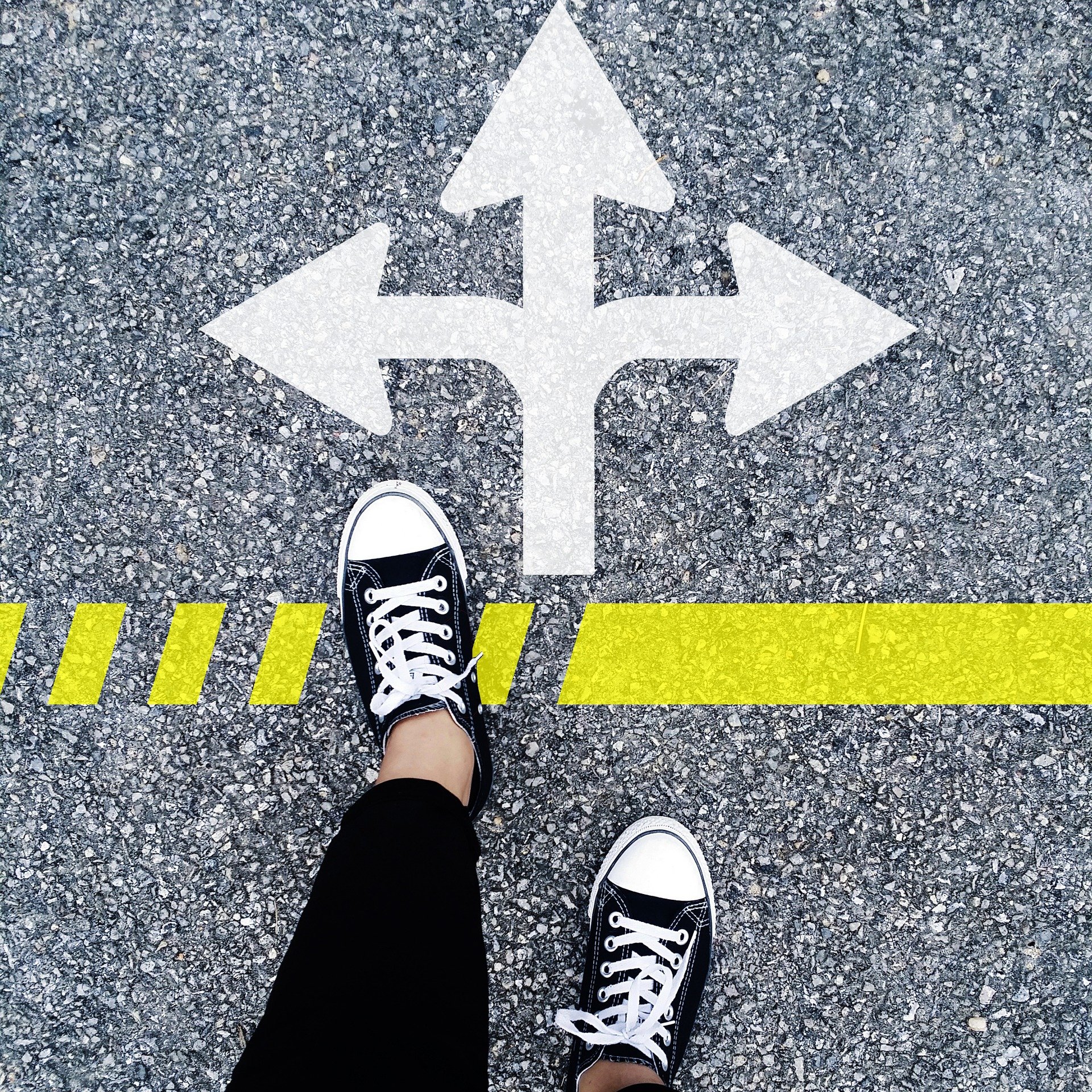Life after relapse
For Mental Health Awareness Week, one of our Young Champions talks about experiencing a setback in her mental health after a temporary improvement – also known as relapse. But, she argues, recovery is possible.

Relapse can be extremely scary. Often, when people are going through the process of recovery, their biggest worry is the risk of relapse. I have personally suffered from a number of relapses of unhealthy behaviours.
The only way I can describe the feeling is that it’s like you’ve been saved from drowning (which would be your recovery), to only then be pushed back into the water. While going through a period of relapse, I felt ashamed and hopeless. It made me think that I had previously put in all this work to improve my wellbeing, and now it was being evicted by my old, damaging ways.
When I was in the state of my relapse, my mind went completely blank and foggy. I didn’t care about the consequences, or any of the hard work I had previously put in. Retrospectively, I look back to that state and scream at why I let myself get like that.
It’s also often a lot harder to seek out help after relapse, as it feels like you have already had the help. You almost feel that you don’t deserve more help.
However, I want you to know that relapse is completely normal, and unfortunately it does often happen. You’re never going to get to where you want if you don’t try – and we just have to try, and try again. I believe that the recipe for recovery is perseverance and patience. Then ‘voila!’, recovery is possible.
You may think that it is hypocritical for me to say this, as I am still struggling with my mental health. Nonetheless, I have survived. In fact, I believe that I have come out stronger following my relapses, and even though each one made me feel as if there was no hope. I can now see that, if I have survived a relapse, I am able and worthy of recovery.
So, if any of these relapse experiences have happened to you too, please don’t feel ashamed. I think that relapse, and the struggles of relapse, aren’t vocalised enough. In my opinion, relapse is just as bad (or even worse) before recovery, therefore people should feel as if they are able to talk about their experiences.
Mental health is not linear, there are bound to be some bumps along the way. I just think that it’s important to be prepared, so that the bumps are less impactful or can be avoided.
Yes, it is going to be messy – and mentally and physically draining – but I promise that you will be rewarded for your hard work. If you give up, then you will never know what you could have had.
If you are in need of help or support please visit our urgent help page which lists organisations that are available, including ones available 24/7.